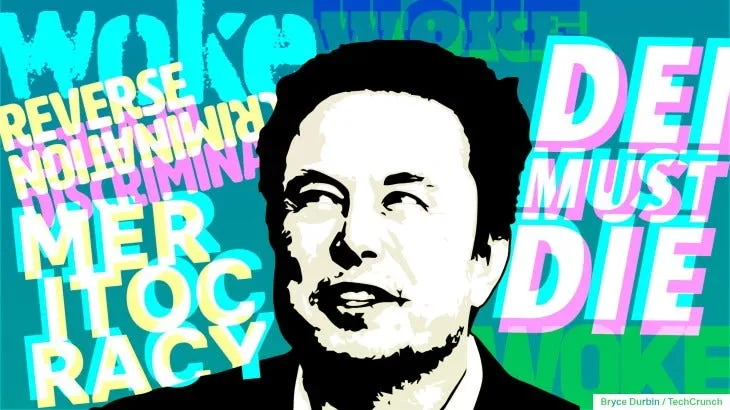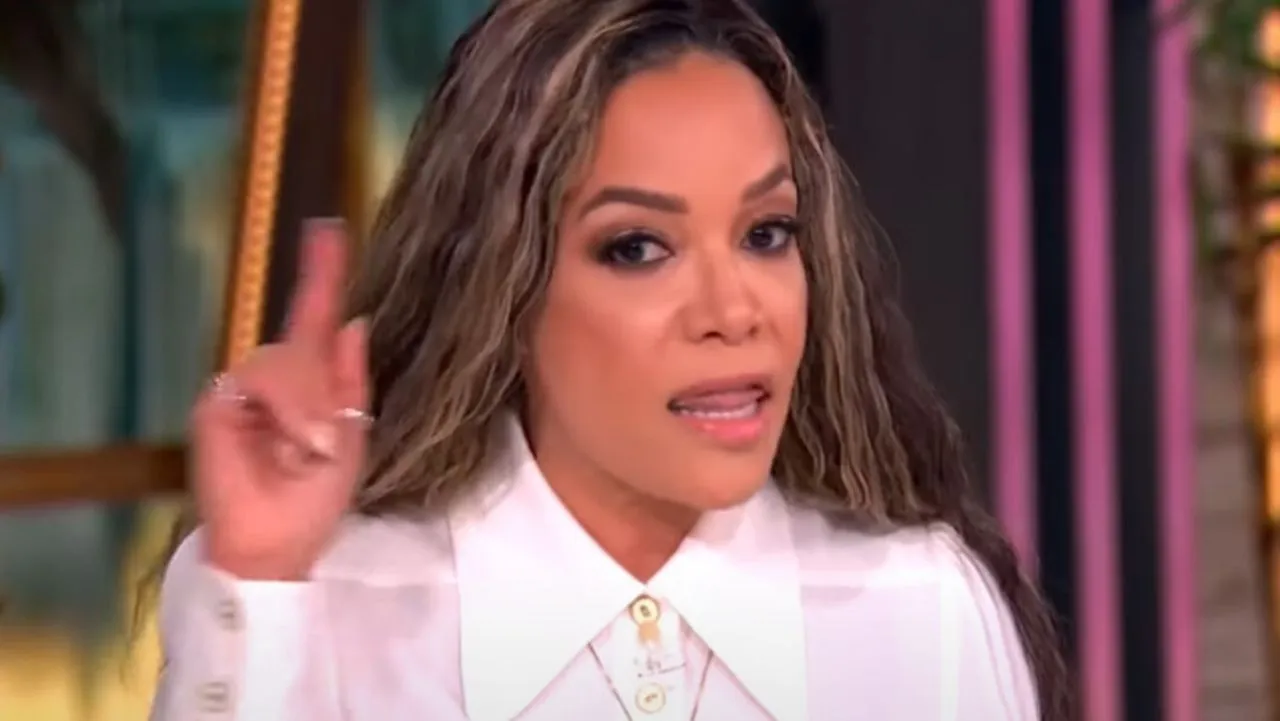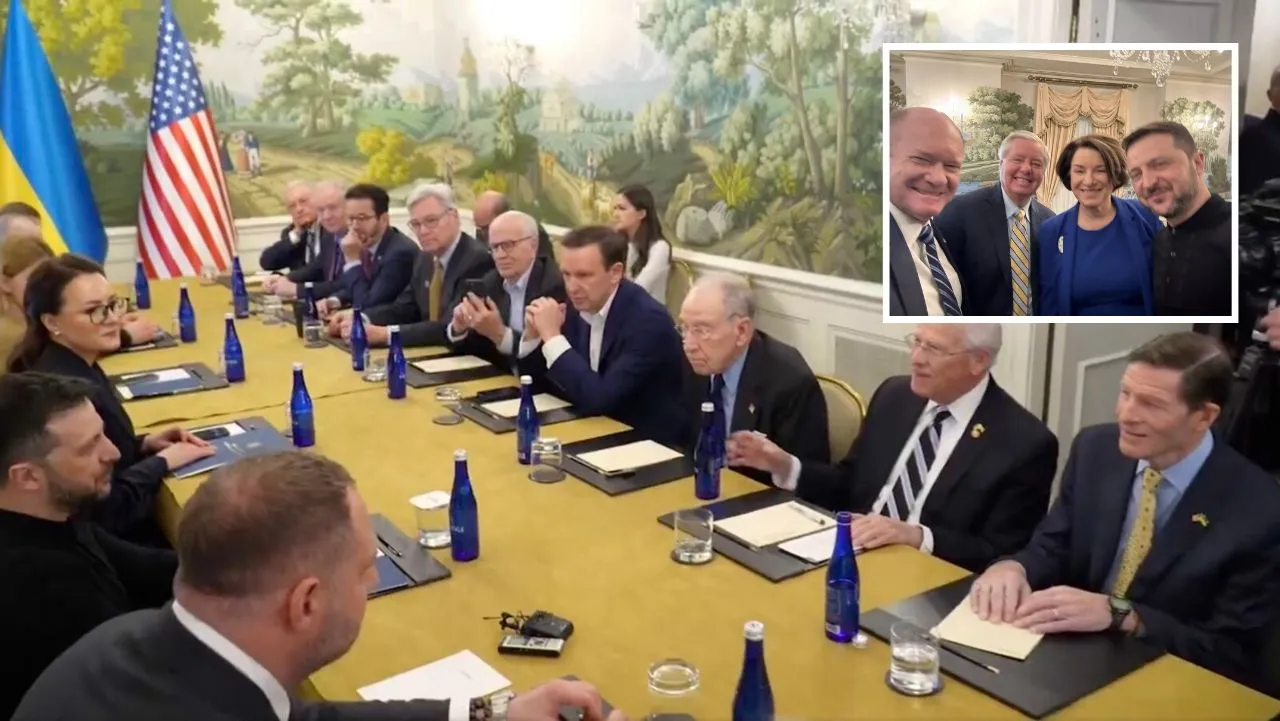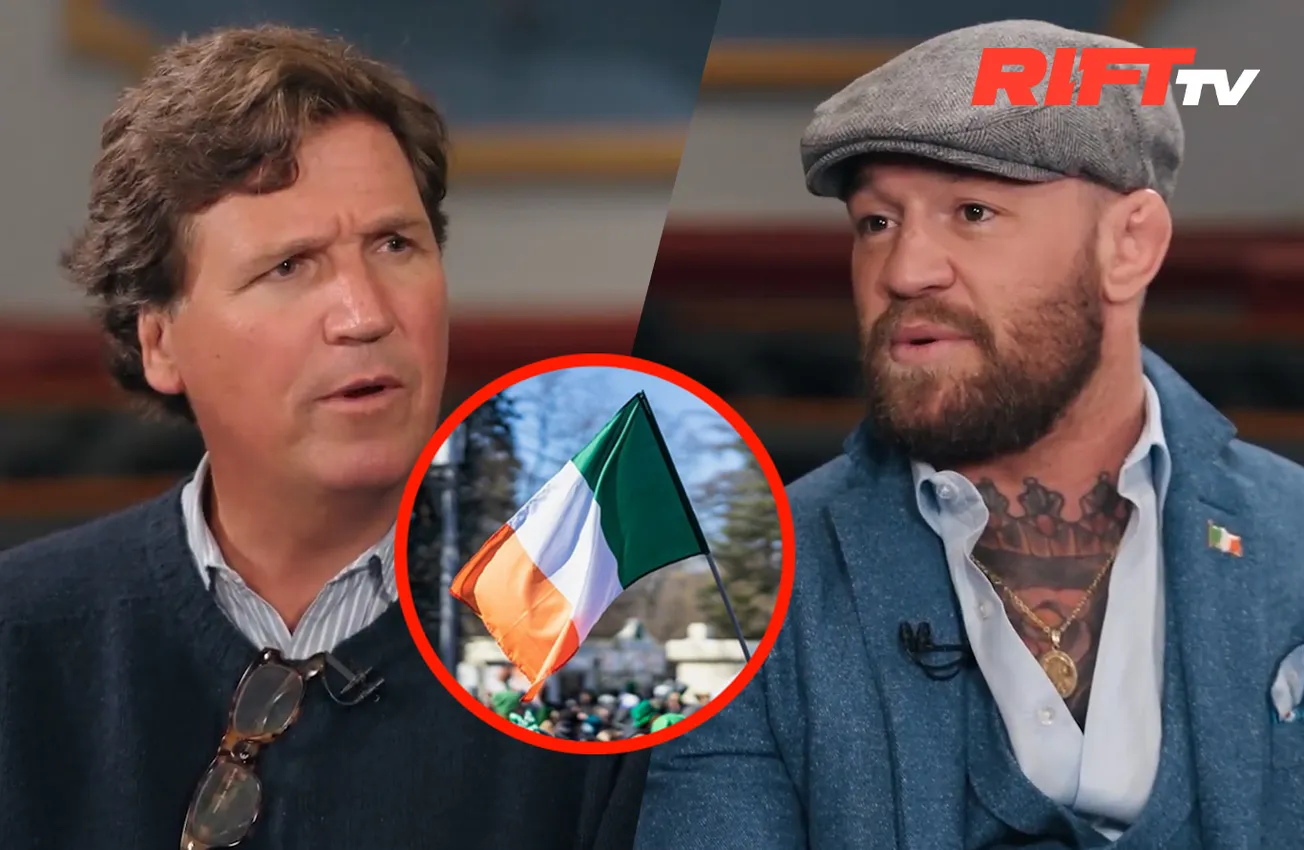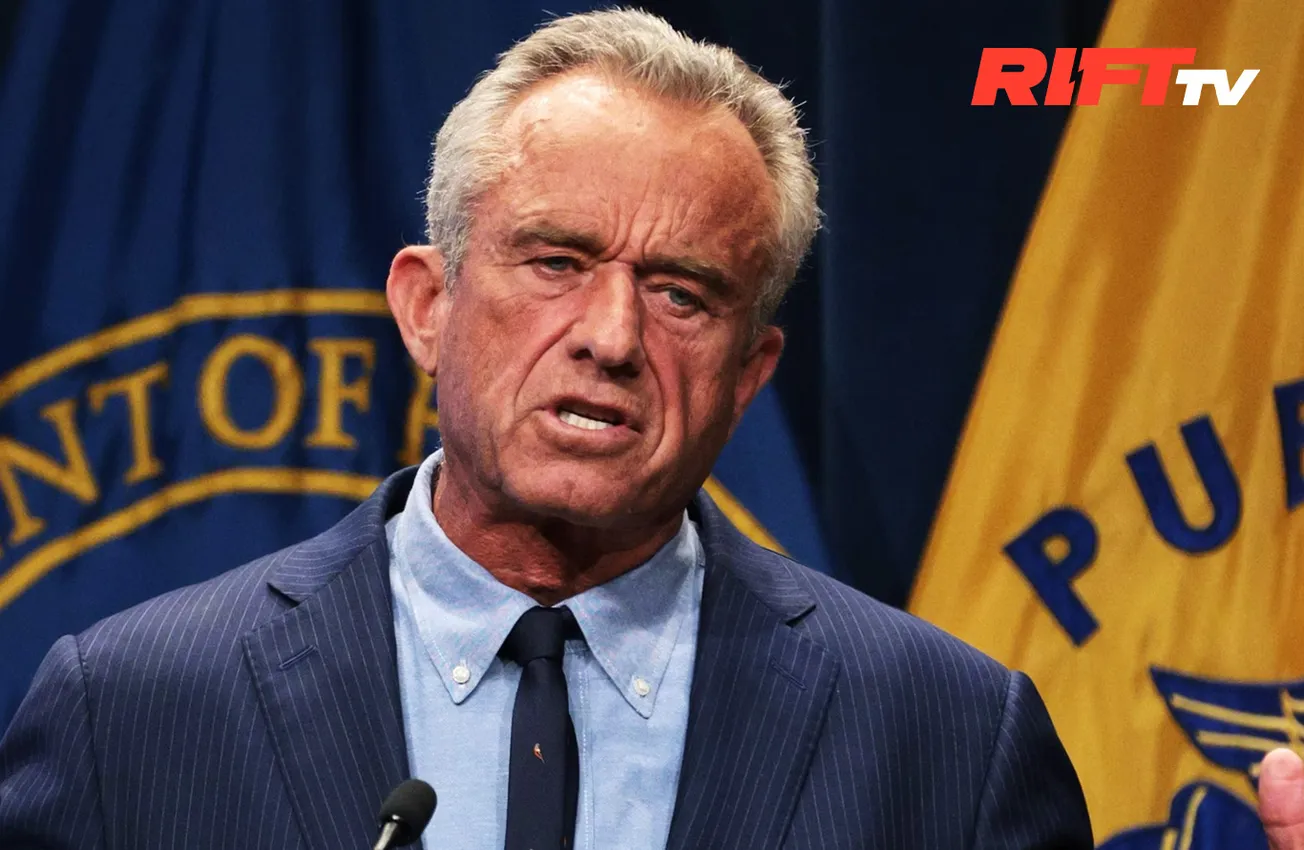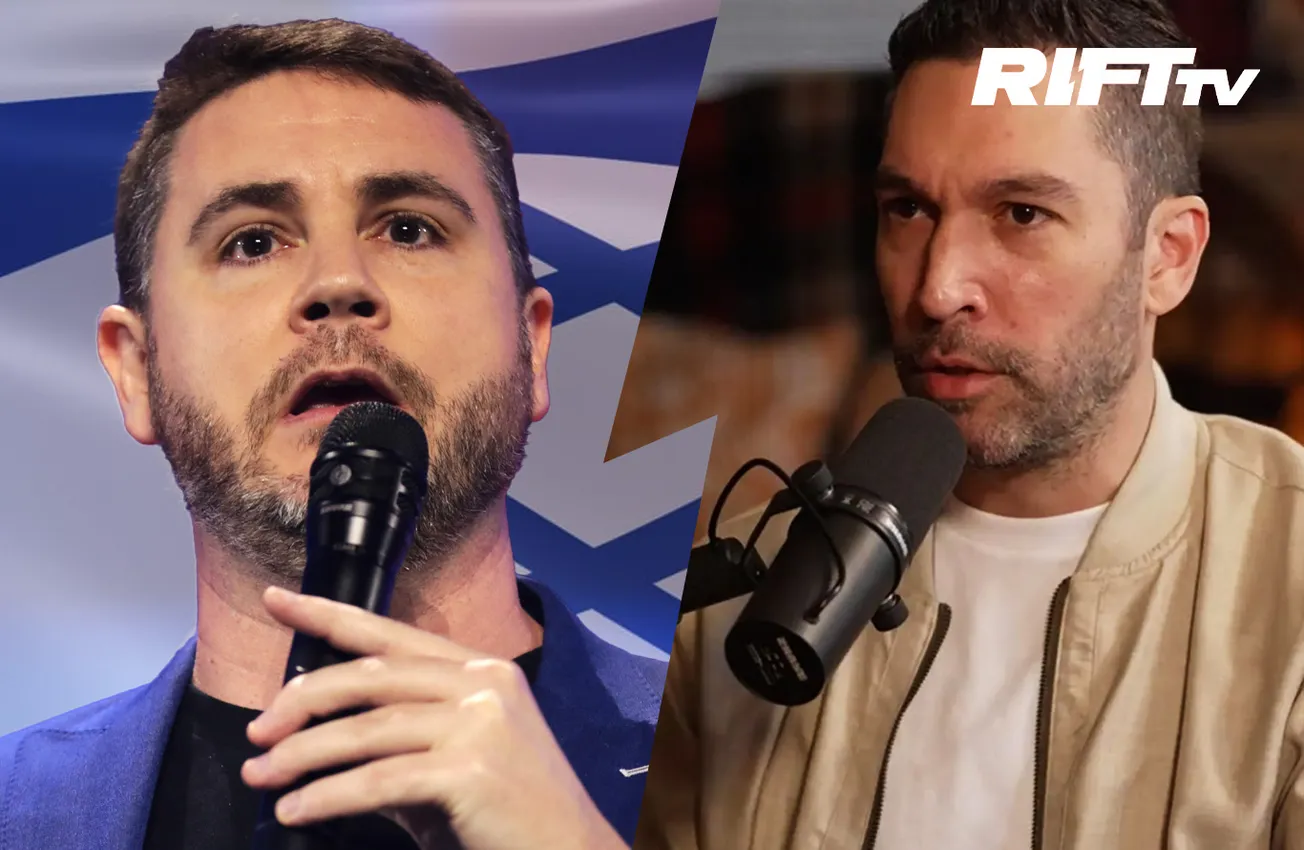In a controversial move, tech magnate Elon Musk has taken to Twitter to voice his disapproval of Disney’s Diversity, Equity, and Inclusion (DEI) standards, casting them as “mandatory, institutionalized racism and sexism.” Musk’s remarks highlight a growing debate over corporate America’s embrace of DEI initiatives, with his critique suggesting that such efforts, however well-intentioned, may cross into the realm of discrimination themselves.
A Closer Look at Disney’s DEI Policies
Disney’s DEI guidelines are outlined in a document that suggests an aspiration towards increased inclusivity across its productions. The company’s Inclusion Standards, part of a broader corporate commitment to DEI, detail practices intended to foster diverse hiring and representation within Disney’s content creation process.
However, Musk’s criticism points to a potential overcorrection, implying that these standards, while aiming to rectify historical imbalances, may themselves create an environment where decisions are influenced by race and gender over merit and individual skill. By branding the enforcement of these policies as the work of a “DEI Gestapo,” Musk invokes a harsh comparison that casts Disney’s efforts as authoritarian and punitive.
The Backlash Against Institutionalized DEI Practices
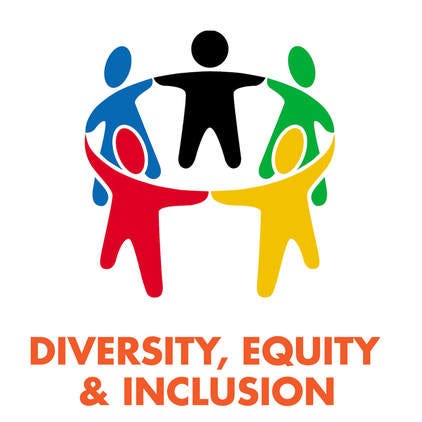
Musk’s critique is not occurring in a vacuum. It resonates with a portion of the public and industry insiders who argue that the pendulum has swung too far, that in the quest to be inclusive, companies are risking the exclusion of others not deemed to fit within the underrepresented categories these policies seek to uplift. This sentiment is echoed in Musk’s incendiary language, calling the whole framework a “set of racist, sexist, and discriminatory laws.”
The mounting criticism of Disney’s institutionalized DEI practices raises a critical issue: the potential for these initiatives to inadvertently spawn a new form of bias, cloaked in the mantle of inclusivity. Elon Musk’s recent comments reflect a broader skepticism, challenging the notion that Disney’s DEI measures are the remedy they proclaim to be. Instead, there’s a growing apprehension that such policies could be fostering a divisive and discriminatory environment under the guise of progressiveness. This sentiment among detractors is not just a ripple of discomfort but a tidal wave of concern, casting doubt on the efficacy and ethicality of Disney’s DEI strategies.
The Fallout and the Future of Corporate DEI
The fallout from Musk’s comments could have broader implications for how DEI policies are crafted and implemented across the corporate sphere. Disney, a household name and leader in the entertainment industry, may now find itself under intense scrutiny, its policies dissected in the court of public opinion where Musk’s influence is considerable.
Disney’s journey through the terrain of DEI policies has brought it to a contentious crossroads. The entertainment giant is at risk of prioritizing a superficial brand of diversity over the essential principles of fairness and merit. The real test for Disney lies not in crafting well-intentioned DEI standards, but in implementing them without compromising the integrity of a truly meritocratic environment. There’s a growing concern that their current approach to inclusivity may, in fact, be undermining the very excellence and equality it seeks to promote, casting a shadow over the corporation’s ability to evaluate talent and hard work impartially.
Elon Musk’s foray into this contentious topic serves as a reminder that the implementation of DEI policies must be continuously evaluated and critiqued to avoid unintended consequences. It raises the question of whether there is a one-size-fits-all solution to diversity in the workplace or if a more nuanced, individualized approach is necessary. What’s clear is that the conversation around DEI is far from over, with Musk’s recent comments only adding fuel to a fiery debate.

